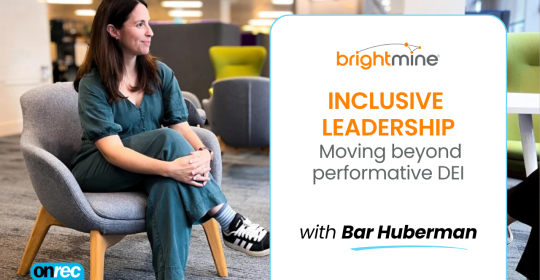By Steve Wilkins, HR Manager, FedEx Express
The modern workplace is constantly evolving, and employee development strategies need to develop accordingly. The professional body for HR and people development, CIPD, recently made the connection between Corporate Social Responsibility (CSR) activities and employee development in order to add value and help both businesses and individuals grow. In its report it highlights the importance of investing in the workforce through collaboration between HR, Learning and Development (L&D) and CSR departments and how volunteering can have a significant impact not only on personal skills but on a company as a whole[1].
Although qualifications and the right skillset remain important, increasingly companies are looking for well-rounded individuals who hold expertise outside of their normal job requirements, which is why volunteering, should be considered a viable addition.
Employee Benefits
CSR can shift an individual’s attitude and expectations, by offering a different perspective of the world around them, along with providing an enhanced skill set, including:
- Gaining a greater appreciation for the community. Through volunteering, team members recognise how their decisions can impact the wider workforce along with the environment and communities they serve. This supports individual growth by encouraging them to think about their actions, whether recycling or switching off the lights. At FedEx, we also encourage our employees to volunteer and support our noted charities and our team members regularly donate their time to help renovate Action for Children centres. Additionally, through increasing awareness of CSR opportunities of this nature, employees are supporting a company’s vision and business philosophy by upholding its values and contributing to its success.
- Improving communication skills. Volunteering encourages staff to communicate with a different audience, thus enhancing their confidence. At FedEx we introduced a CSR Steering Group, which is made up of people from different departments. The committee decides on the type of volunteering activities to undertake as well as encouraging FedEx team members to take part. This offers a collaborative approach, providing additional responsibility on leading volunteering activities or organising fundraising, allowing them to mentor junior members to follow their lead and share different skills.
- Developing existing knowledge. Volunteering provides team members the chance to collaborate with different departments and to share skills and expertise. By offering employees an opportunity to develop their knowledge by undertaking a role they might not necessarily work in and with people they don’t usually work with, CSR activities can allow them to progress in different areas. For example, in my free time, I work with an organisation providing charities with HR support and guidance, and any consequent additional understanding I gain of new audiences I transfer to my current role at FedEx.
- Becoming a well-rounded individual. Taking part in CSR initiatives can enhance an individual’s soft skills such as team building and skill sharing. Through volunteering, employees interact with a variety of people across an organisation, helping to also increase staff camaraderie while reinforcing a company’s commitment to the workforce.
Key points to take away
Overall, incorporating CSR initiatives with L&D provides a worthwhile addition to traditional forms of staff development. Volunteering gives individuals an expanded knowledge and skillset needed for their future growth. CSR can help to develop the skills needed for leadership and managerial roles, allowing individuals to climb the ranks within a business, helping with their retention and can also address skills gaps and behavioural changes while encouraging individual development. This cross-departmental collaboration and increased skills benefit an organisation, as individuals bring in new perceptions and expertise, thus contributing to the evolving workplace and encouraging the business to grow and prosper.






